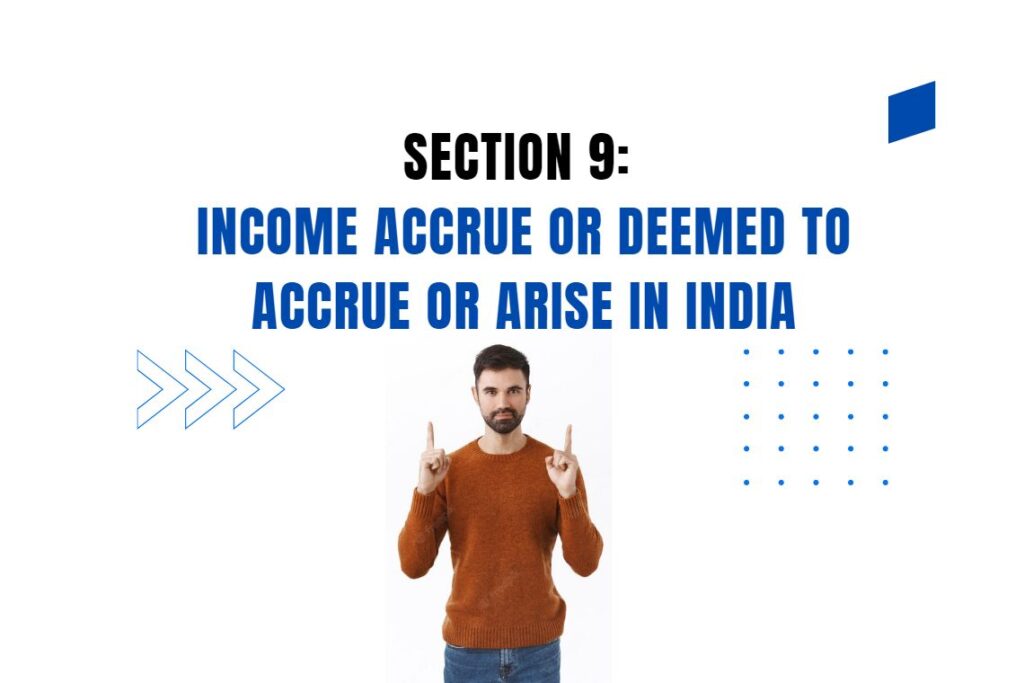Under Section 10(17A) of the Income Tax Act, any award or reward received by an individual in recognition of their exceptional work or achievements is exempt from income tax.
The following are the types of awards and rewards that are exempt from income tax under Section 10(17A):
- Awards and rewards instituted by the Central Government or a State Government for literary, scientific or artistic work, or for proficiency in sports and games.
- Awards and rewards instituted by any other body and approved by the Central Government for the purposes of Section 10(17A).
- Rewards given by the Central Government or a State Government for services rendered to the public in any field.
However, it is important to understand the distinction between an award and a reward to determine the tax implications.
What is an Award?
An award is a form of recognition given to an individual or an organization for their outstanding performance, contributions, or achievements in a particular field. Awards are typically bestowed based on merit and are not directly linked to any specific services rendered or tasks performed. They are often presented as a mark of honor or appreciation.
For example, a scientist receiving a Nobel Prize for groundbreaking research or an actor receiving an Academy Award for their exceptional performance in a movie would be considered as recipients of awards.
What is a Reward?
A reward, on the other hand, is a form of compensation or incentive given to an individual for their specific services rendered or tasks performed. Unlike an award, a reward is directly linked to the performance of certain duties or achieving specific targets.
For instance, a salesperson receiving a bonus for exceeding sales targets or an employee receiving a cash reward for completing a project ahead of schedule would be considered as recipients of rewards.
Tax Treatment of Awards and Rewards
Under Section 10(17A) of the Income Tax Act, any award received by an individual is fully exempt from income tax. This means that the entire amount of the award is not considered as taxable income for the recipient.
On the other hand, rewards received by an individual are subject to income tax. The value of the reward is treated as income and is taxable as per the individual’s applicable tax slab.
Examples of awards and rewards that are exempt from income tax under Section 10(17A):
The following are some examples of awards and rewards that are exempt from income tax under Section 10(17A):
- Nobel Prize
- Padma Shri Award
- Arjuna Award
- Rajiv Gandhi Khel Ratna Award
- Dadasaheb Phalke Award
- Jnanpith Award
- Sahitya Akademi Award
- Sangeet Natak Akademi Award
- National Film Award
- Magsaysay Award
- Pulitzer Prize
- Booker Prize
Section 10(17A) of the Income Tax Act, 1961 provides exemption from income tax for any award or reward received by an individual in recognition of any achievement or contribution in any field, including :
- Sports
- Arts
- Science
- Literature
- Public service
- Philanthropy
- Business
The exemption under Section 10(17A) is available to all taxpayers, including individuals, Hindu Undivided Families (HUFs), companies, and partnerships.
Exceptions to Exemptions:
Here are some examples of awards and rewards that are not exempt from income tax under Section 10(17A):
- Sales commissions
- Performance bonuses
- Employee of the year awards
- Awards for service to a particular company or organization
- Awards for winning competitions or contests
Examples of Exemptions:
Here are some examples of how the exemption under Section 10(17A) works:
Example 1: A writer receives a cash award of ₹1 lakh from the Central Government for her outstanding literary work. The writer is eligible for a tax exemption of ₹1 lakh under Section 10(17A).
Example 2: A scientist receives a trophy and a medal from the State Government for his outstanding scientific achievement. The scientist is eligible for a tax exemption on the value of the trophy and the medal under Section 10(17A).
Example 3: A sportsperson receives a cash award of ₹50,000 from a private company for winning a gold medal in the Olympics. The sportsperson is eligible for a tax exemption of ₹50,000 under Section 10(17A), provided that the private company has been approved by the Central Government.
Points to be Note:
- The exemption under Section 10(17A) is available only for awards or rewards that are granted by the Central Government, a State Government, or a local authority, or approved by the Central Government.
- The exemption is available for awards or rewards received in recognition of any achievement in any field, including sports, arts, science, literature, public service, philanthropy, and business.
- The exemption is available for the full amount of the award or reward received.
- The award or reward must not be given for personal services rendered to any specific person or body of persons..



![Residential Status [Sections 5 to 9B]](https://incometaxmanagement.in/wp-content/uploads/2023/09/Residential-Status-Sections-5-to-9B-1024x683.jpg)

![EXEMPTED INCOMES [Section – 10, 10AA, 11 to 13A]](https://incometaxmanagement.in/wp-content/uploads/2023/09/Exempted-Incomes-Section-10-1024x683.jpg)

![Income of an Electoral Trust shall be Exempt [Section 13B]](https://incometaxmanagement.in/wp-content/uploads/2023/10/61-Exempted-Incomes-Section-13B-1024x683.png)
![Incomes of Political Parties [Section-13A]](https://incometaxmanagement.in/wp-content/uploads/2023/10/60-Exempted-Incomes-Section-13A-1024x683.png)
![Special Provisions in respect of Newly-established Units in Special Economic Zones (SEZ) [Section-10AA]](https://incometaxmanagement.in/wp-content/uploads/2023/10/59-Exempted-Incomes-Section-10AA-1024x683.png)
![Exemption in respect of income chargeable to Equalization Levy [Section 10(50)]](https://incometaxmanagement.in/wp-content/uploads/2023/10/58-Exempted-Incomes-Section-1050-1024x683.png)
![Income of a Developmental Financing Institution (DFI) to be Exempt [Section 10(48E)]](https://incometaxmanagement.in/wp-content/uploads/2023/10/57-Exempted-Incomes-Section-1048E-1024x683.png)